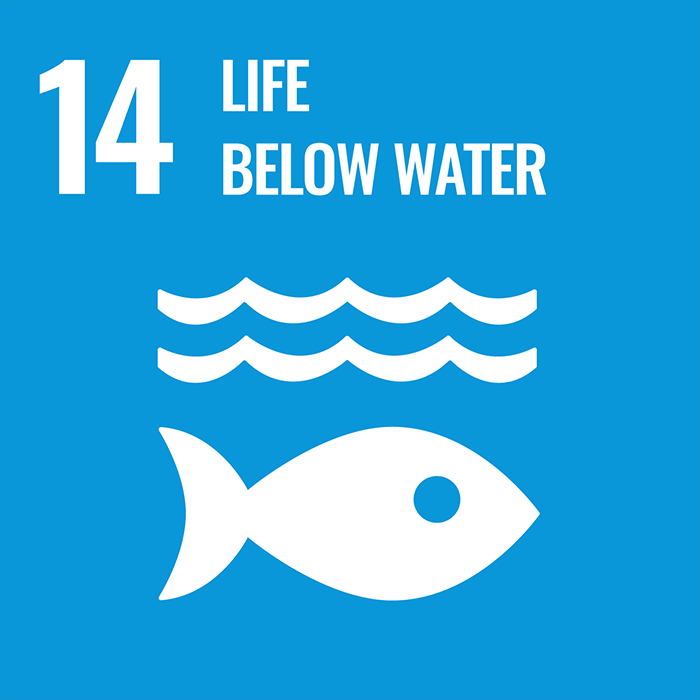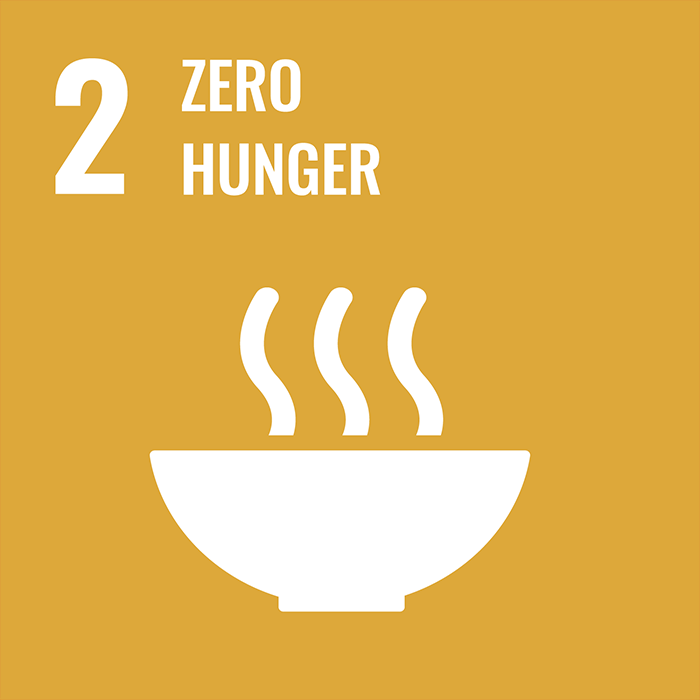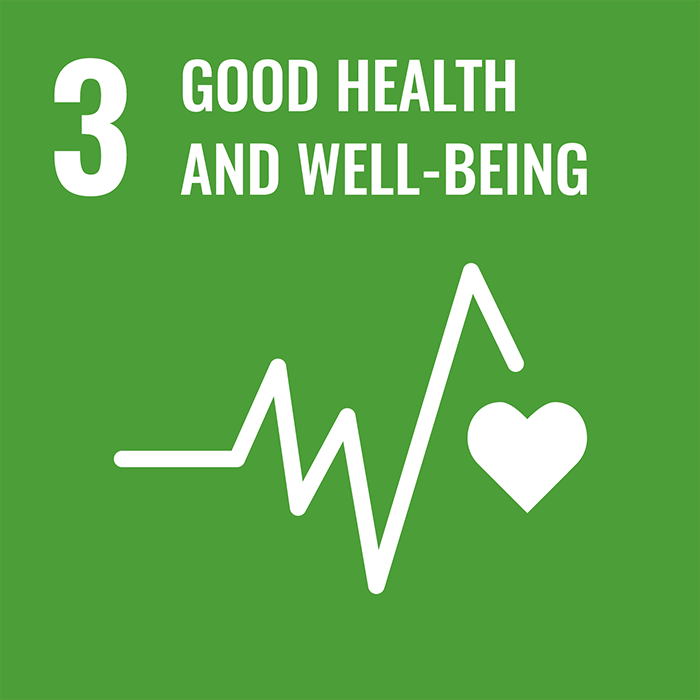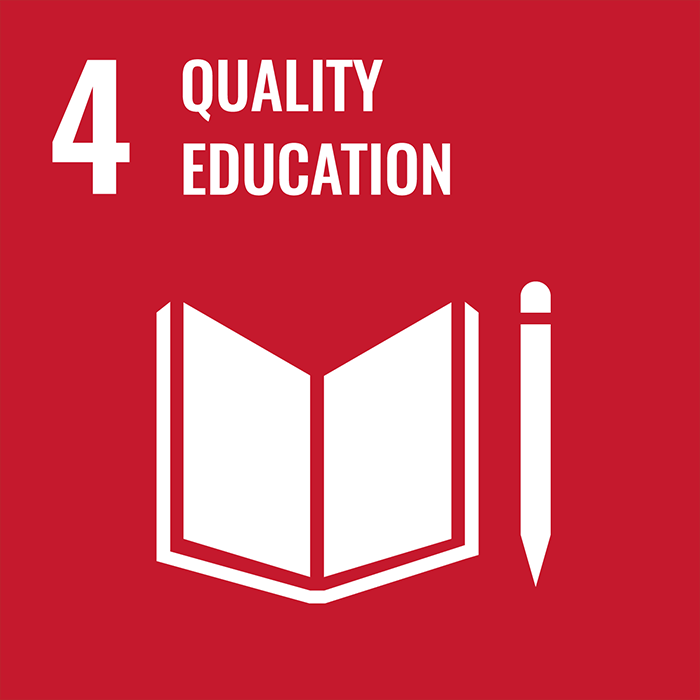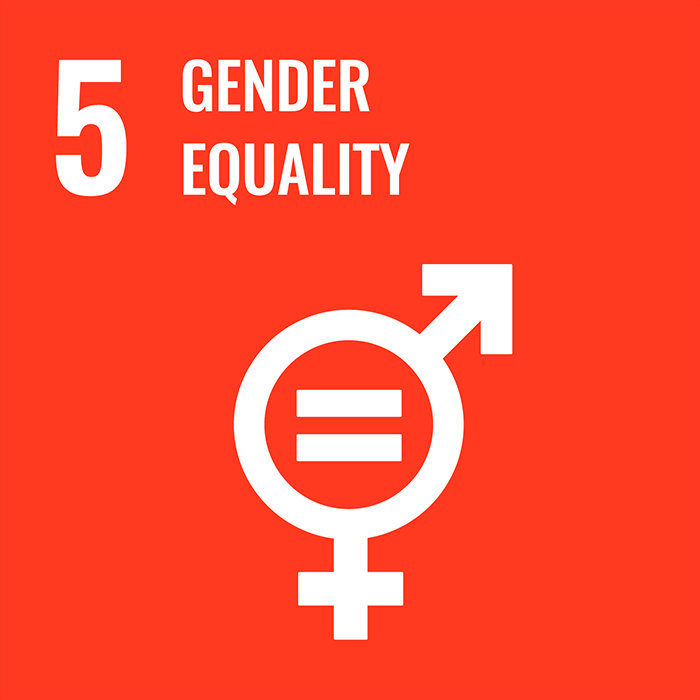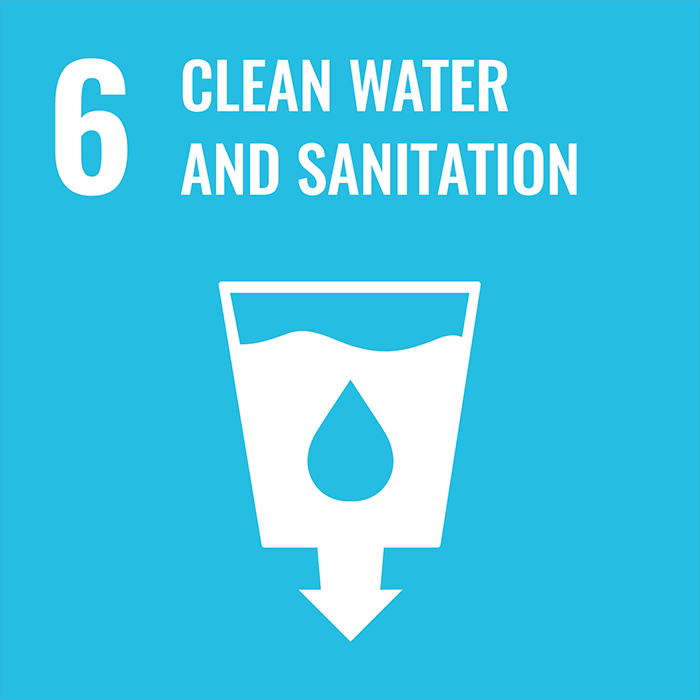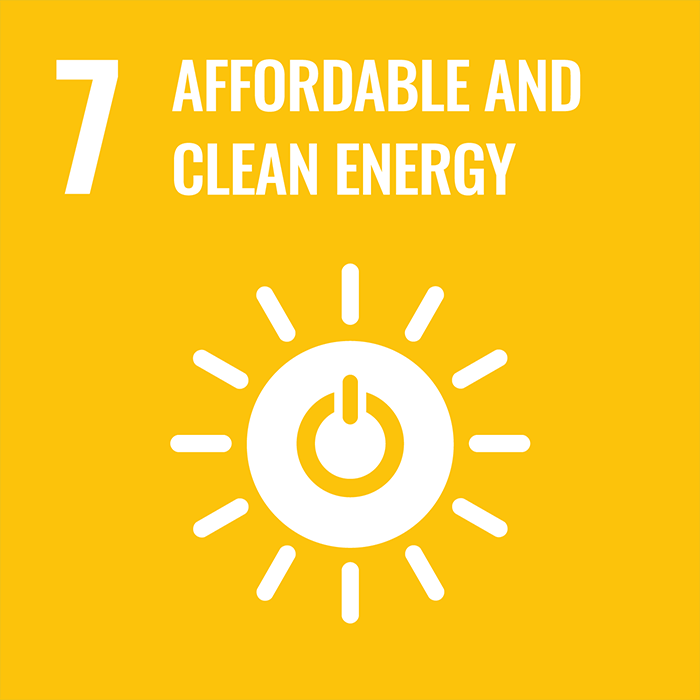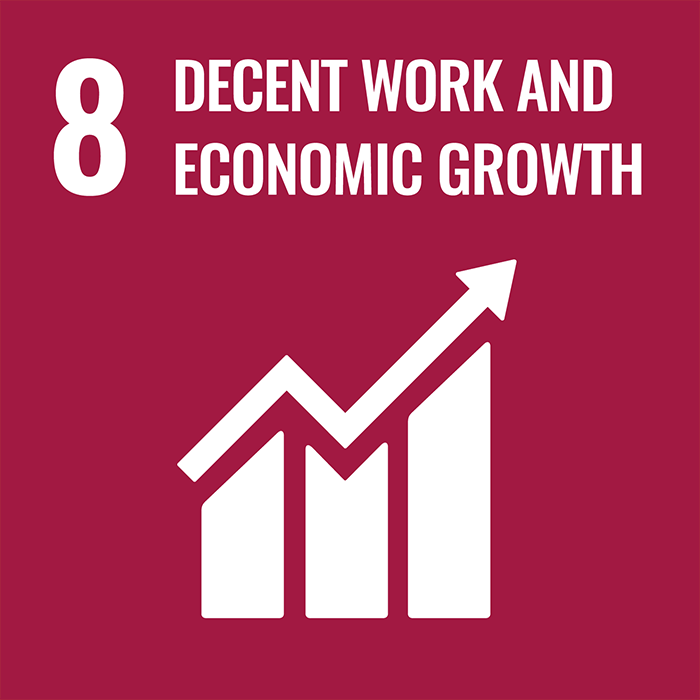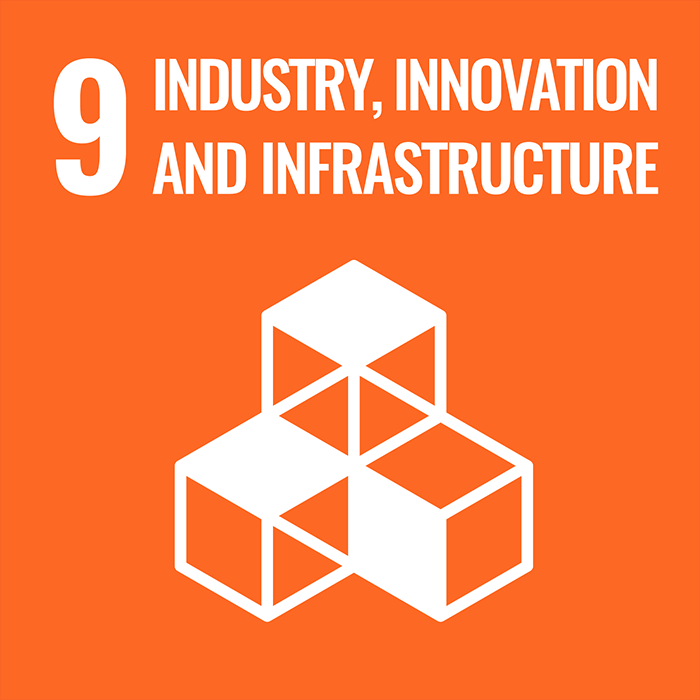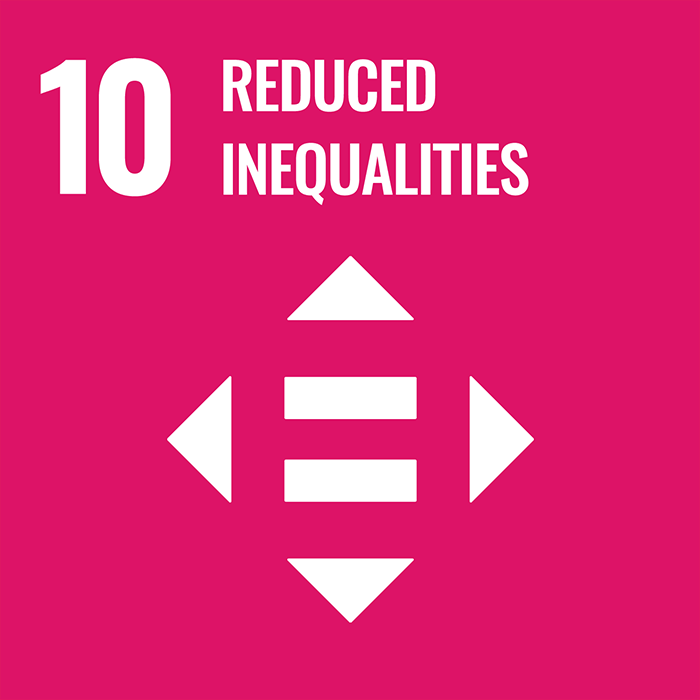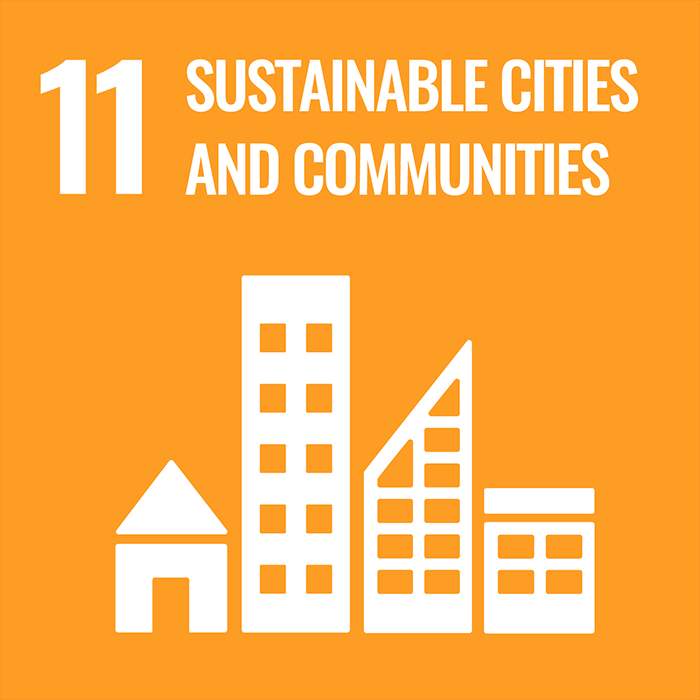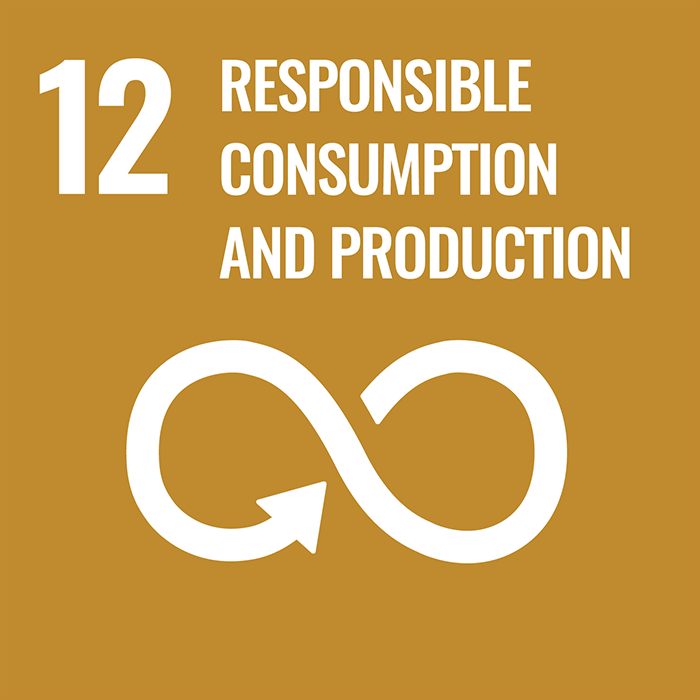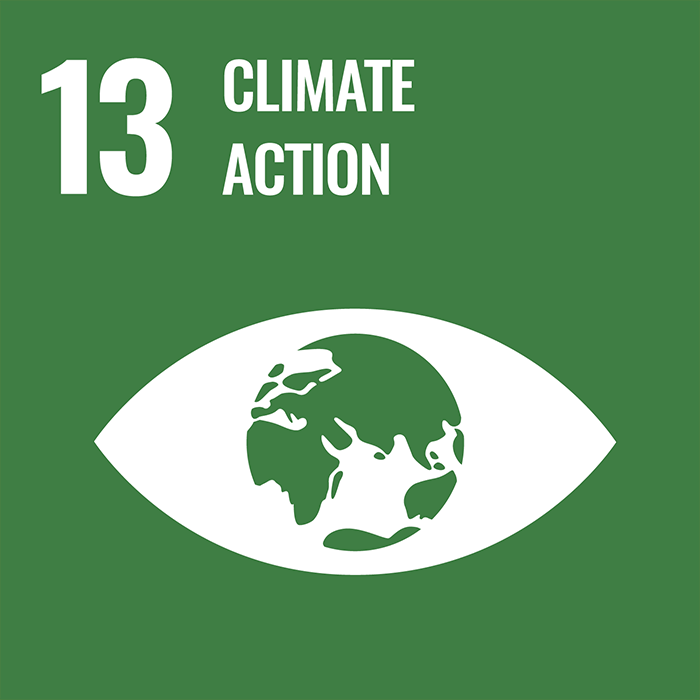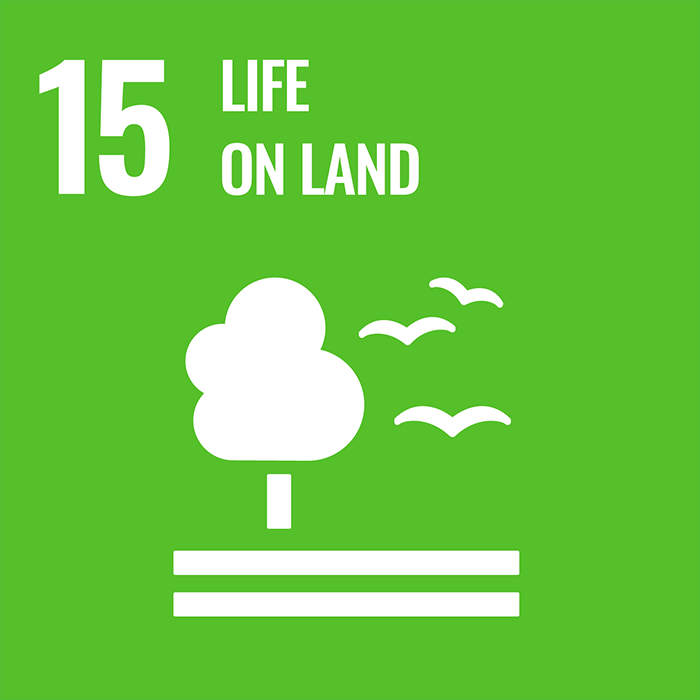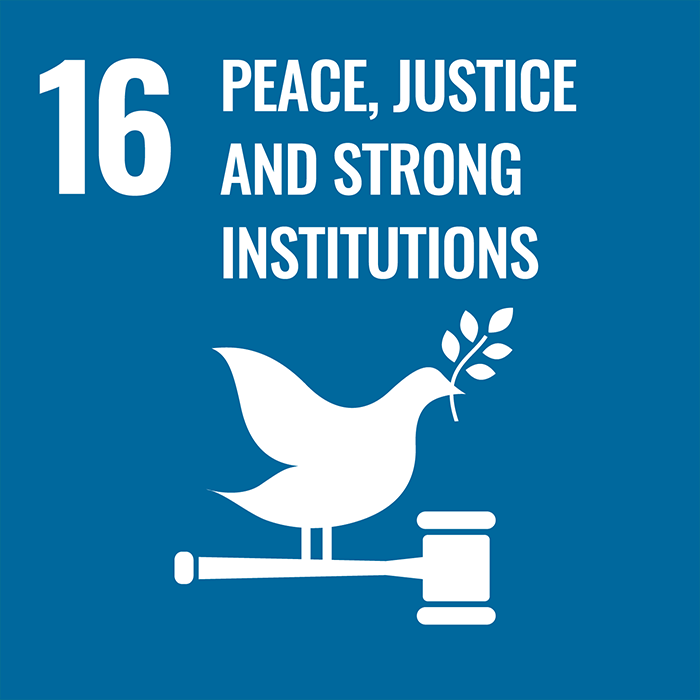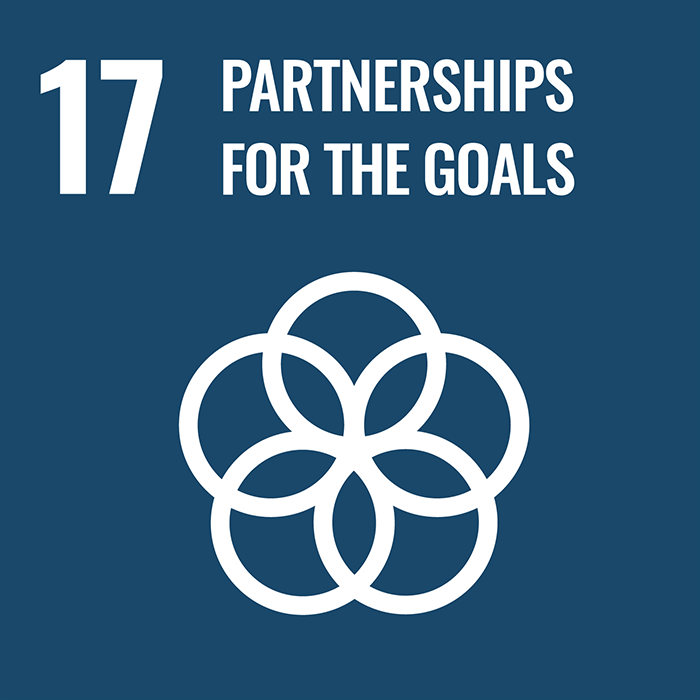Progress towards UN SDG 14: Life below water
Conserve and sustainably use the oceans, seas and marine resources for sustainable development
Our research

Researchers from the University of Glasgow will lead a £1.3m new partnership which aims to develop a network of underwater sensors to monitor the vital signs of the planet’s warming oceans.
The new project, led by Professor Martin Lavery of the James Watt School of Engineering is one of 27 which will share in £81m in funding from ARIA’s Forecasting Tipping Points programme.
ARIA, an R&D funding agency created to unlock technological breakthroughs that benefit everyone, was created by an Act of Parliament and sponsored by the Department for Science, Innovation & Technology.
The Tipping Points programme aims to enhance climate change response by developing an early warning system for tipping points. Major parts of the Earth system are at risk of crossing climate tipping points within the next century, with severe consequences for biodiversity, food security, agriculture and humanity.
The team is developing a novel hybrid communication and sensing platform called the Optical Reconnaissance & Communication Antenna that leverages structured light to sense the underwater environment and provide cable-free communications between autonomous networks of underwater sensors.
Learning & teaching

The MSc in Sustainable Water Environments provides students with multidisciplinary knowledge and expertise in river catchment, lake and coastal environments, with a focus on the impact of and adaptation to changing environments. The programme is designed to develop an in-depth and critical understanding of contemporary global issues in surface water environments including climate and land use change, flood risk, restoration, ecosystem health and associated management perspectives.
Students with interests in surveying water environments benefit from access to the latest surveying equipment and software including unmanned aerial vehicles and terrestrial laser scanners.
Find out more
Researchers from the University of Glasgow will lead a £1.3m new partnership which aims to develop a network of underwater sensors to monitor the vital signs of the planet’s warming oceans.
University operations

As committed to in our Glasgow Green Strategy, we have now eradicated single-use plastics from our catering operations, helping to minimise the risk posed to marine species by plastics.
Our Waste Management Strategy & Action Plan for non-hazardous waste aims to help us ensure that any waste generated is collected, sorted and recycled. Our Safety & Environmental Protection Service guides the disposal of potentially hazardous biological and chemical waste to ensure that we uphold water quality standards.
Civic engagement

Native oysters have declined across Europe due to several factors related to unsustainable use of natural resources. Stemming from an initial study into references of native oyster in place-names, stories, songs and sayings along the west coast of Scotland, the Eisirean (Scots Gaelic for Oyster) project aims to recognise the importance of traditional ecological knowledge in Scotland in understanding both the cultural values of oysters and shellfish in order to enact positive change in both nature restoration and future policymaking.
A crossdisciplinary team with researchers from ecology, education, geography and humanities, are working to create a set of low-cost citizen science tools that provide opportunities for people to connect with the coasts through modern ways of monitoring environmental change, as well as a primary schools educational workbook that embeds science lessons through outdoor learning alongside songs and stories about those key anchor species that connect people to place, both in today’s world and that of the past. We are pleased to be working with NatureScot, An Comunn Gàidhealach, Argyll & Bute Council, the Native Oyster Restoration Alliance and Ionad Chaluim Chille Ìle to deliver this project.
Tha àireamh nan eisirean a-nis air crìonadh air feadh na Roinn Eòrpa air sgàth ghrunnd adhbharan a tha uile co-cheangailte ri mì-chleachdadh ghoireasan nàdarra.
Bidh pròiseact nan Eisirean a’ leantainn air sgrùdadh a chaidh a dhèanamh an toiseach air iomraidhean de dh’ eisirean ann an ainmean-àite, sgeulachdan, oràin agus seanfhaclan bho thaobh siar na h-Alba. ’S e amas a’ phròiseict dualchas eisirean agus mhaorach a thuigsinn gus an toir an t-eòlas sin deagh bhuaidh air an dà chuid a’ dèanamh ath-leasachaidhean air nàdair agus a’ dèanamh phoileasaidhean ùra san àm ri teachd.
Tha sgioba eadar-chuspaireil de luchd-rannsachaidh eag-eòlais, foghlaim, cruinn-eòlais agus nan daonnachdan, ag obair gus goireasan saidheansail poblach aig prìs ìosal a chruthachadh. Leis na goireasan seo bidh an cothrom ann ceangal a dhèanamh eadar dualchas na mara san àm a dh’fhalbh agus dòighean ùra gus atharraichean san àrainneachd a mheasadh. A bharrachd air seo thèid leabhar-obrach a dhèanamh airson bun-sgoiltean anns am bi leasanan saidheans a thèid a chumail taobh a-muigh na sgoile. Cuideachd san leabhar bidh òrain is sgeulachdan mu na beathaichean bunaiteach a bhios a’ ceangal dhaoine ri dùthaich, an dà chuid san àm a dh’fhalbh agus san latha an-diugh. Tha sinn toilichte a bhith ag obair còmhla ri ‘NatureScot’, An Comunn Gàidhealach, Comhairle Earra-Ghàidheal agus Bhòid, ‘the Native Oyster Restoration Alliance’ agus Ionad Chaluim Chille Ìle gus am pròiseact seo a lìbhrigeadh.


